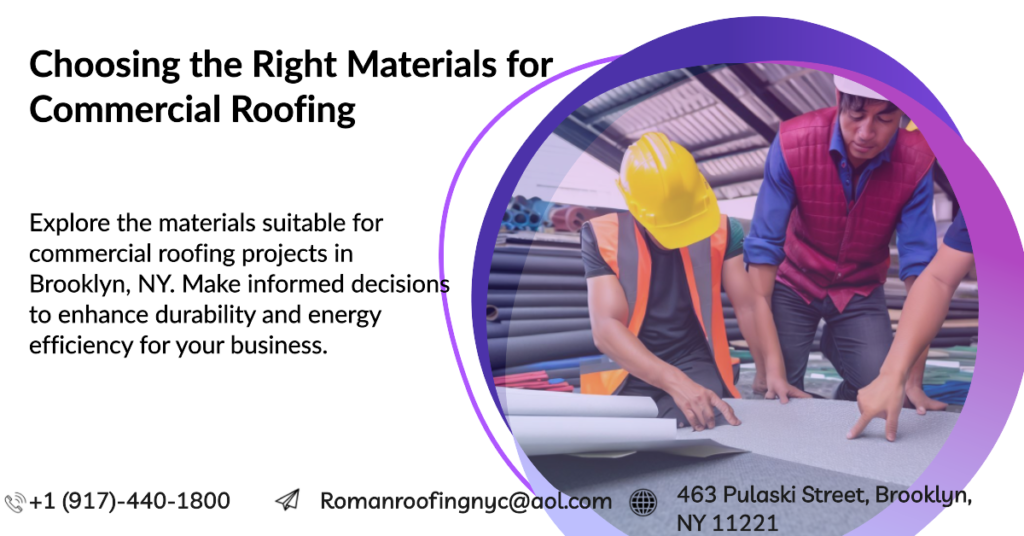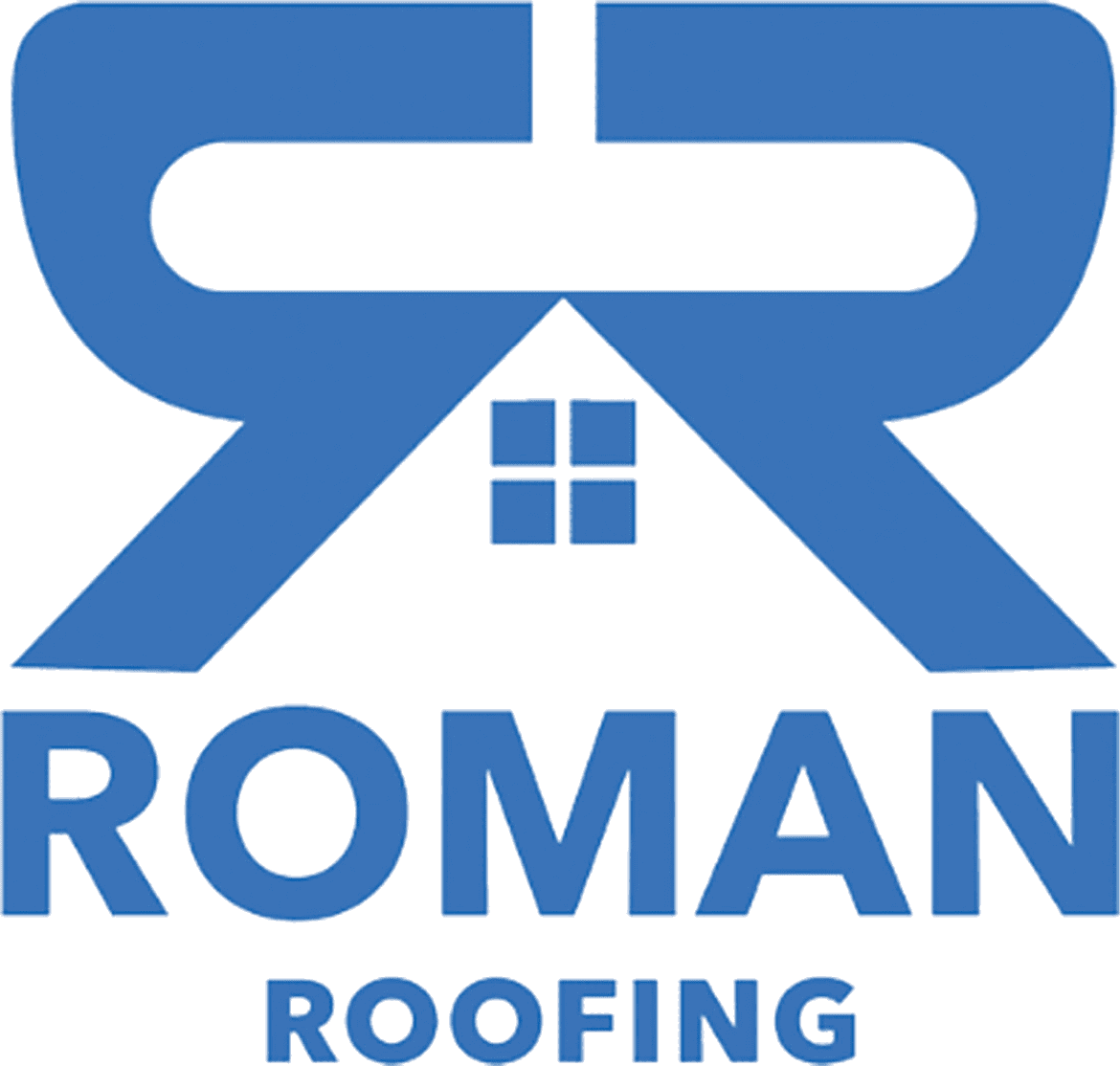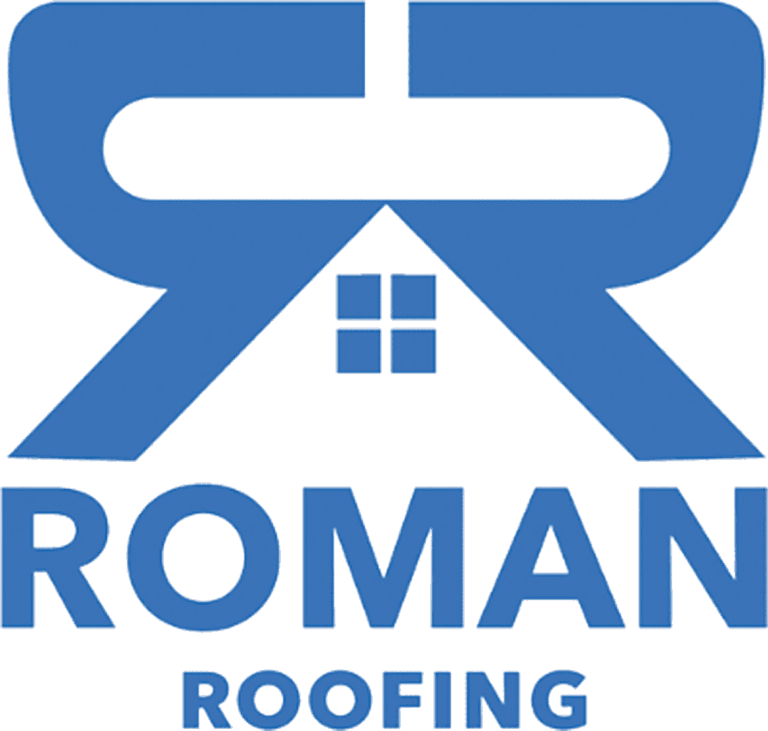
When it comes to selecting the materials for your commercial roofing project, making the right choice is paramount. The roofing materials you choose will not only affect the aesthetics of your building but also its durability, energy efficiency, and long-term maintenance requirements. In this comprehensive guide, we will walk you through the essential considerations and options available for choosing the right materials for commercial roofing.
The roof of your commercial building is a significant investment, and choosing the right materials is a decision that will impact your business for years to come. From protecting your assets to providing insulation and enhancing energy efficiency, your roof serves multiple functions. Therefore, it’s essential to make an informed choice.
Importance of Roofing Materials
The choice of roofing materials is critical for several reasons:
- Durability: Commercial roofs are exposed to various environmental factors. The right materials can ensure your roof lasts for decades.
- Energy Efficiency: Energy costs are a concern for businesses. Energy-efficient roofing materials can help reduce heating and cooling expenses.
- Maintenance: Consider the ease of maintenance. Some materials require regular inspections and upkeep, while others are low-maintenance.
- Cost: Assess the initial cost of materials, installation, and long-term maintenance to align with your budget.
Factors to Consider
Before diving into the types of roofing materials, consider these factors:
- Climate: Your location’s climate will influence the choice of materials. For example, materials that offer better insulation may be preferred in colder climates.
- Building Structure: The structure of your building, including its slope and load-bearing capacity, can impact material choices.
- Local Codes and Regulations: Ensure compliance with local building codes and regulations when selecting materials.
- Budget: Determine your budget constraints and long-term cost considerations.
Common Commercial Roofing Materials
Single-Ply Membrane
- Lightweight and easy to install, single-ply membranes offer good UV resistance and durability.
- Advantages: Energy-efficient, cost-effective, and low maintenance.
- Considerations: May be vulnerable to punctures.
Modified Bitumen
- Ideal for flat or low-sloped roofs, modified bitumen roofs consist of asphalt and rubber modifiers.
- Advantages: Excellent durability and resistance to extreme temperatures.
- Considerations: Installation may require open flames, making it less safe.
Metal Roofing
- Known for longevity and durability, metal roofing comes in various materials, including steel, aluminum, and copper.
- Advantages: Exceptional durability, energy efficiency, and recyclability.
- Considerations: Initial cost may be higher than other options.
Built-Up Roofing (BUR)
- BUR roofs consist of multiple layers of tar and gravel, offering reliability and waterproofing.
- Advantages: Proven track record, durability, and fire resistance.
- Considerations: Installation can be time-consuming.
Green Roofing
- nvolves vegetation and plants to cover the roof surface.
- Advantages: Excellent insulation, environmental benefits, and aesthetic appeal.
- Considerations: Requires specialized design and maintenance.
Making the Right Choice
Choosing the right materials for your commercial roof depends on various factors, including your budget, climate, and specific roofing needs. Consulting with roofing experts can provide tailored recommendations.
Frequently Asked Questions (FAQs)
Q: How do I determine the best roofing material for my commercial building?
A: Consider factors such as climate, building structure, local regulations, and budget. Consulting with roofing experts can help make an informed decision.
Q: Are green roofing options suitable for commercial buildings?
A: Yes, green roofing offers excellent insulation and environmental benefits. However, it requires specialized design and maintenance.
Q: What are the advantages of metal roofing?
A: Metal roofing is known for its durability, energy efficiency, and recyclability, making it a popular choice for many commercial buildings.
Q: How do I ensure my commercial roof remains energy-efficient?
A: Choosing energy-efficient roofing materials and proper insulation can help reduce heating and cooling costs.
Q: Are single-ply membrane roofs a cost-effective option?
A: Yes, single-ply membrane roofs are cost-effective, energy-efficient, and require minimal maintenance.
Q: Do I need to comply with local building codes when selecting roofing materials?
A: Yes, it’s essential to ensure that your chosen materials comply with local building codes and regulations.
Selecting the right materials for your commercial roofing project is a crucial decision that can impact your building’s longevity and energy efficiency. We understand the complexities involved in this process and are here to assist you every step of the way. Contact us today for expert guidance on choosing the perfect roofing material for your commercial property.

